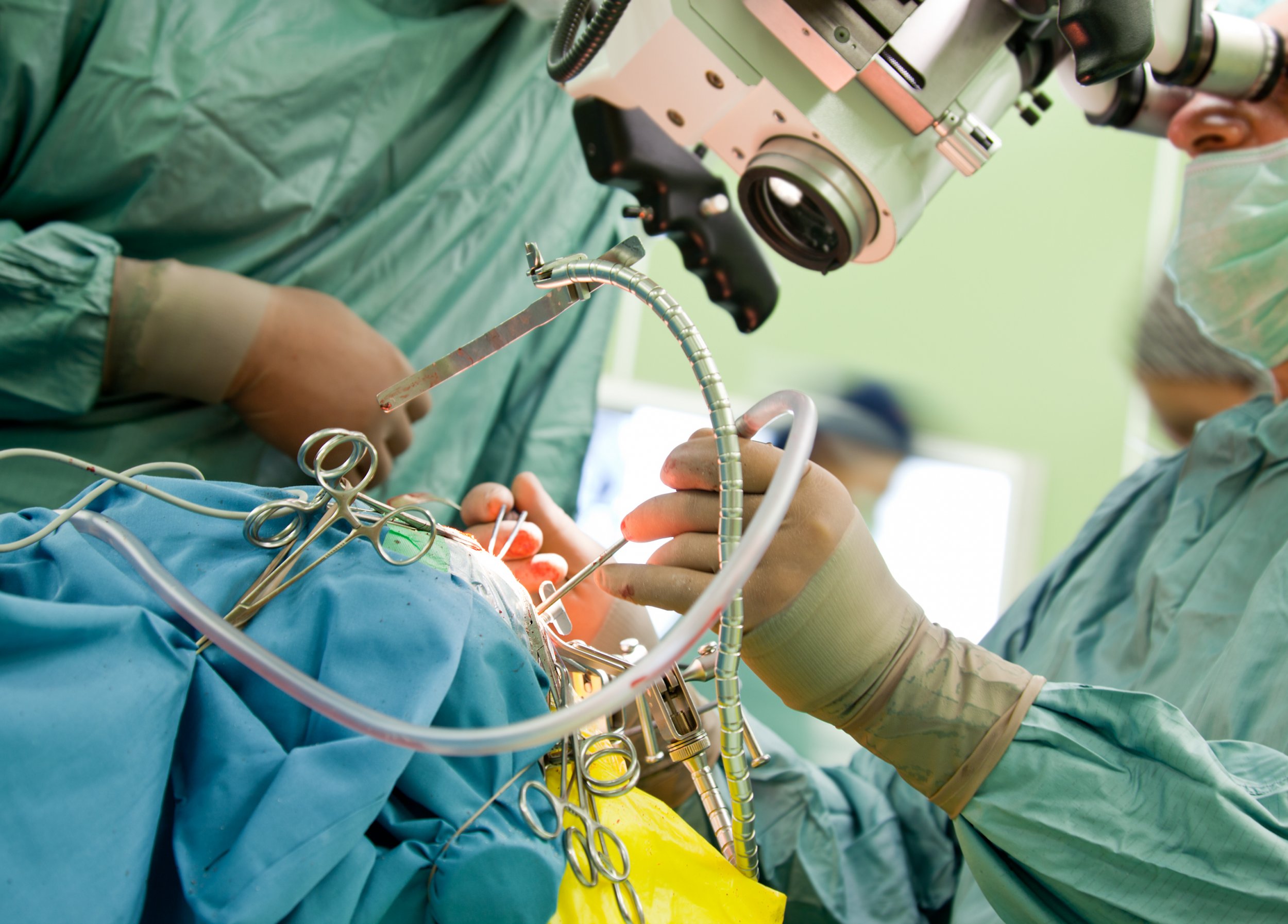
Neuroscientific research is increasingly showing that the brain is a surprisingly adaptable organ—a characteristic perfectly demonstrated by a case study involving a boy who had a large chunk of his brain removed.
The child, who is simply referred to as U.D. and is now nearly 11, had a third of his brain's right hemisphere removed four years ago in order to prevent increasingly severe epileptic seizures that were unresponsive to other treatments, according to a study published in the journal Cell Reports.
The surgery, known as a lobectomy, was successful in preventing the seizures. However, the area removed included the boy's occipital lobe, which plays a key role in processing visual information, and his temporal lobe, which deals with sound.
To understand how U.D.'s brain would adapt to this surgery, a team led by Marlene Behrmann, a psychologist at Carnegie Mellon University, examined him for three years following the operation, conducting both behavioral tests and brain scans using a functional magnetic resonance imaging (fMRI) machine. What they found surprised them.
"In adults, this resection would probably lead to prosopagnosia, a deficit in recognizing faces," Behrmann told Newsweek. "In the case studied, the remarkable finding was that the left hemisphere 'stepped in' and took over this function along with its usual functions. In fact, the patient's cognitive abilities are entirely normal."
However, U.D. can no longer receive information from the left side of his visual field despite there being nothing wrong with his eyes.
This is because the occipital lobe in the right hemisphere—which U.D. had removed—is responsible for the left visual field (the converse is true for the left-hemisphere occipital lobe). In intact brains, the two hemispheres work together to produce a single unified image from the information gathered by both visual fields.
"Because the kid does not have a right occipital lobe, there is no visual cortex to receive the information from the left visual field—he can compensate for this though by moving his eyes further leftward and then what was previously in the left visual field is now in the right visual field, Behrmann said.
"He is not always aware of this and it is a bit like how you and I compensate for the blind spot we have by moving our eyes and stitching together each snapshot to make it seem like we have a coherent and unified perception of the world," she continued.
The new findings are just the latest example of brain plasticity, or neuroplasticity—the ability of the brain to change and rewire itself over time.
"The findings illustrate the extent of plasticity in the visual system," Behrmann said. "There is existing scientific literature on what happens after this kind of surgery, but the work has focused mostly on post-surgical effects on language function or memory function. There have been very few studies that examine the consequences."
The next step for Behrmann and her colleagues is to conduct further research looking into who shows plasticity, what form it takes and what the effect of age is on recovery.
Uncommon Knowledge
Newsweek is committed to challenging conventional wisdom and finding connections in the search for common ground.
Newsweek is committed to challenging conventional wisdom and finding connections in the search for common ground.
About the writer
Aristos is a Newsweek science reporter with the London, U.K., bureau. He reports on science and health topics, including; animal, ... Read more
To read how Newsweek uses AI as a newsroom tool, Click here.








